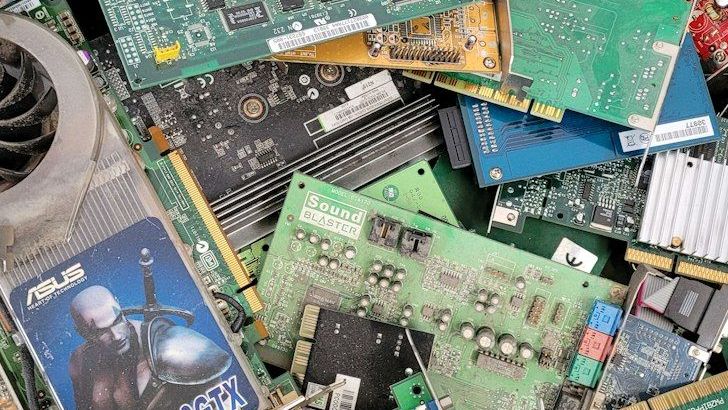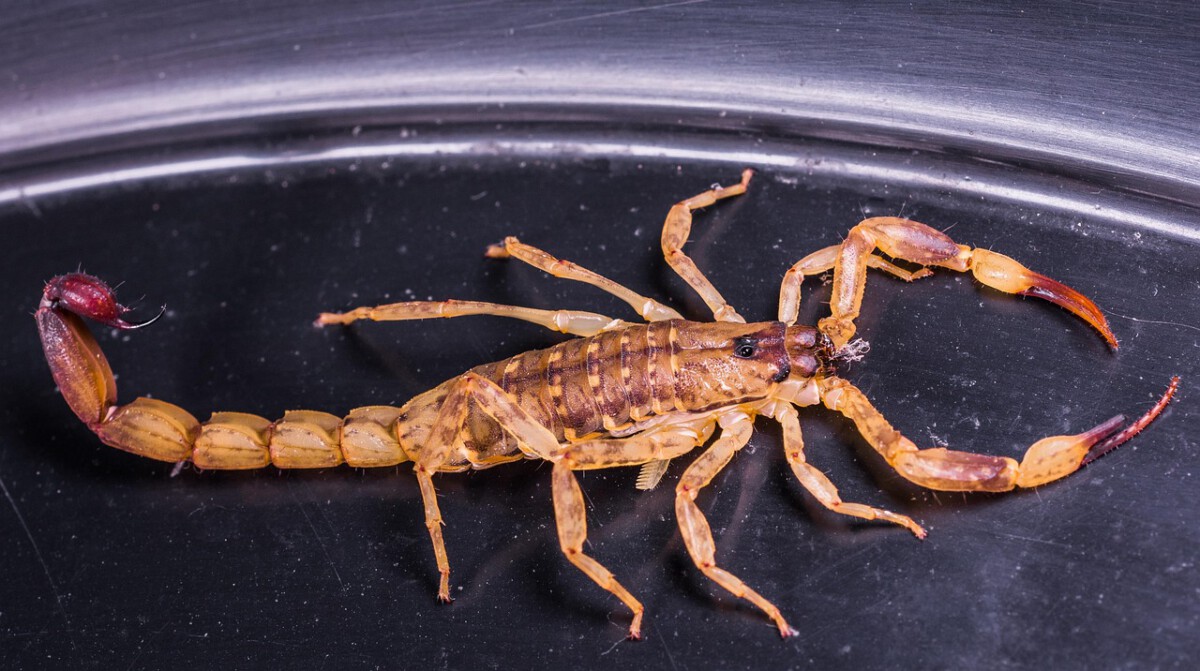Old Car Batteries Leaking Heavy Metals Into Your Soil

You know that dead car battery sitting in your garage? Don’t even think about burying it in your backyard. Car batteries contain mercury, lead, cadmium, lithium, and other metals that can leak from them and damage the environment. States like California and New York have even stricter regulations, with substantial fines for improper disposal. Improperly disposing of a lead-acid battery found in cars, trucks, motorcycles, and other high-power equipment is illegal in Texas. The scary part? What seems like a dead battery can cause decades of damage.
Texas law requires businesses that sell these batteries to accept your old one when you purchase a new battery. Many people don’t realize this, but most auto parts stores actually take old batteries for free recycling. Use certified battery recycling programs like Call2Recycle or local hazardous waste collection events.
Your Electronic Devices Are Actually Hazardous Waste

Think that old phone or laptop is harmless? Think again. Disposing of electronics like phones, laptops, or old TVs in your yard poses serious health and environmental risks, and in many states, it’s also illegal. Electronic devices often contain hazardous metals like mercury, lead, and cadmium that are known to leach into soil and contaminate groundwater. Many electronic products and batteries contain heavy metals and other hazardous substances that can pose risks to human health and the environment if disposed in landfills. The problem gets worse when you realize these metals don’t just disappear – they stick around for decades.
In New York, the Electronic Equipment Recycling and Reuse Act mandates that manufacturers provide free and convenient recycling options for residents. Tossing e-waste in the trash or the backyard violates these laws and can result in fines. Many cities now have dedicated e-waste drop-off events several times a year, and some big box stores take old electronics for free recycling.
Expired Medications Can Contaminate Water Sources

Burying prescription medications in your backyard isn’t just environmentally risky, it’s also against federal guidelines. Under the Resource Conservation and Recovery Act, open dumping of hazardous waste, including pharmaceuticals, is prohibited due to the high soil and groundwater contamination risk. What makes this particularly dangerous is that many medications are designed to be persistent – they don’t break down easily, which means they can end up in drinking water. Even trace amounts of hormones, antibiotics, and painkillers have been found in water supplies across the country.
Instead of burying or flushing medications, the DEA’s Take-Back Program offers “no questions asked” drop-off sites at law enforcement offices and participating pharmacies. These programs ensure that medications, especially opioids and other high-risk drugs, are incinerated safely and in compliance with federal law. Many pharmacies also have permanent drop-off boxes year-round.
Used Cooking Oil Suffocates Your Garden

Pouring used cooking oil into your yard can wreak havoc on your soil, plants, and local ecosystem. Cooking oil forms a greasy barrier in the soil, blocking water and oxygen from reaching plant roots – a process known as soil sealing. This leads to poor drainage, root suffocation, and mold growth. It also attracts pests like rodents and insects, turning your garden into a magnet for infestations. Imagine creating an underground grease slick that kills everything above it – that’s essentially what happens when you dump cooking oil in soil.
Legally, improper disposal of cooking oil is prohibited in many U.S. jurisdictions. Local sanitation codes and environmental laws often classify fats, oils, and grease (FOG) as pollutants. In some areas, fines for illegal dumping can range from $500 to $5,000, especially if the oil contaminates water systems. Many cities actually collect used cooking oil to convert into biodiesel, so you might be throwing away something valuable.
Your Beloved Pet’s Final Resting Place Might Be Illegal

This one hits hard because we all want to keep our furry friends close to home. But in states like California, backyard burials are banned altogether. Under California law, improperly disposing of animal remains can be classified as illegal dumping and may result in fines. California has various environmental requirements that may apply to pet burials. Even in states where it’s technically legal, there are usually strict rules about depth, distance from water sources, and property boundaries.
Texas has specific distance requirements from water sources for pet burials to protect water quality. Before laying a pet to rest at home, it’s crucial to check local health and animal control regulations or consider alternatives like cremation or green cemeteries for peace of mind. The rules exist for good reason – improperly buried pets can contaminate groundwater and attract scavengers. Many pet cemeteries now offer beautiful memorial options that let you visit without breaking any laws.




